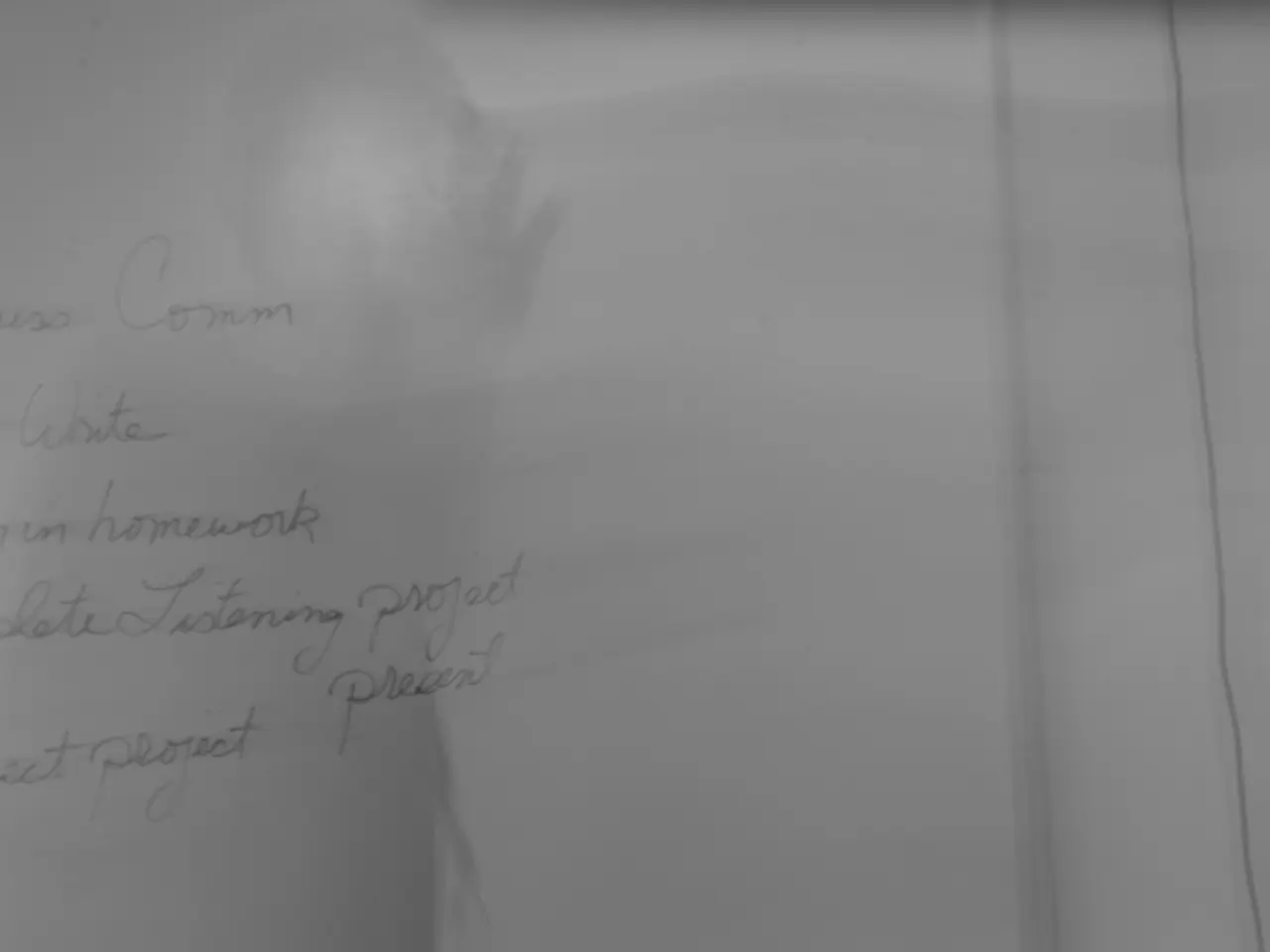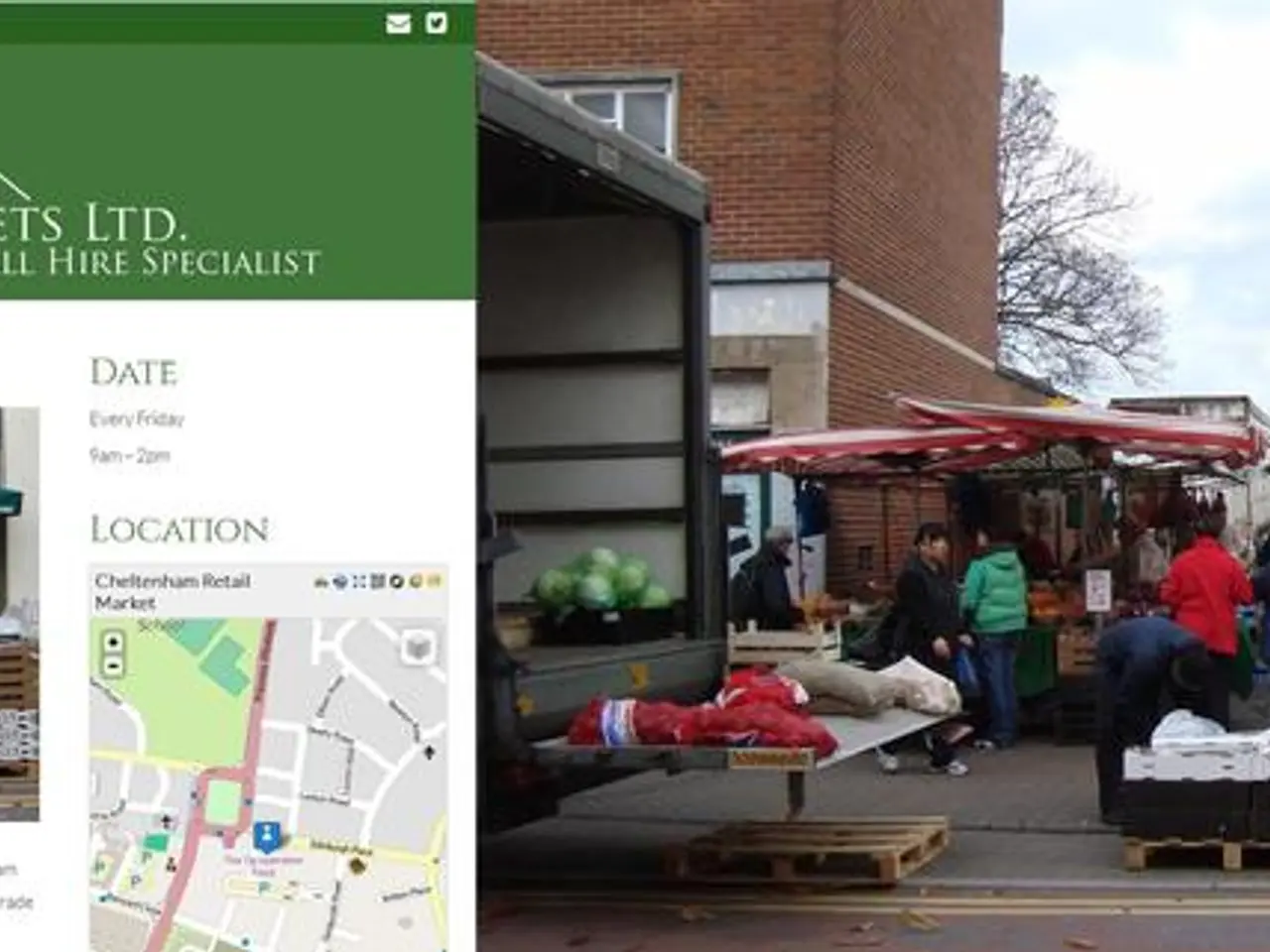Grumbling Over the Push for Greenhouse Gas Neutrality by 2040 in Rhineland-Palatinate Economy
Economic officials voicing opposition to attaining climate neutrality by the year 2040 - Opponents Vocalize Resistance to Achieving Carbon Neutrality by 2040 in Economic Sphere
A brisk salvo from industrial heavyweights has landed squarely on the Rhineland-Palatinate's government. Just days before the possible vote on the climate protection law, corporate entities and associations have delivered a pointed letter cautioning the government against spearheading the fight against climate change without heeding their concerns. Among their gripes, a strong resistance to the idea of carbon neutrality by 2040, a decade ahead of the 2014 legislation and five years before the federal mandate.
In this back-and-white communiqué, several prominent companies and groups, notably those diametrically opposed to the proposed carbon neutrality timeline, have voiced their displeasure. On the roster of these dissenters is the chemical juggernaut BASF from Ludwigshafen, the glass artisan Schott of Mainz, pump powerhouse KSB from Frankenthal, and commercial vehicle titan Daimler Truck from Wörth.
On the question of whether she anticipates the legislative wrangles surrounding the bill, Environment Minister Katrin Eder (Greens) has opted to stay cryptic. Nevertheless, she's made it unmistakably clear that she intends to rally all her might to preserve the 2040 carbon neutrality target. After all, this comprehensive piece of legislation is vital to propel the climate agenda forward.
Behind the Scenes
The economic representatives' opposition to carbon neutrality by 2040 stems from a complex amalgam of concerns: the financial burdens, the potential disruptions to business models, and the daunting prospect of rapid structural changes. Rhineland-Palatinate's robust industrial and energy sectors are braced for the possible heavy-handed impositions of carbon neutrality legislation, which could jeopardize the region's economic stability.
This resistance echoes a widespread pattern across European regions, where ambitious climate goals often meet economic adjustment challenges. Moreover, Germany's legal requirement for greenhouse gas neutrality by 2045 indicates that stricter timing may still spark controversy in some regions, notably Rhineland-Palatinate. The absence of concrete revelations on the precise grounds for this opposition from the economic representatives in Rhineland-Palatinate merely underscores the complexity of the issues at play.
[1] Resistance to ambitious climate goals: Advancing Sustainable Regions in Europe - Accessible at [URL Not Provided][2] Germany's Greenhouse Gas Neutrality Timeframe - Accessible at [URL Not Provided]
- The businesses and associations opposing the Rhineland-Palatinate's carbon neutrality target by 2040, such as BASF, Schott, KSB, and Daimler Truck, express concerns over potential financial burdens, disruptions to business models, and rapid structural changes.
- With science and environmental-science being key factors in understanding climate-change, the economic representatives' opposition to the carbon neutrality timeline could hinders the industry's shift towards a greener future, impacting the finance and business sectors as well as Rhineland-Palatinate's environmental-science sector.
- The climate-change legislation in Rhineland-Palatinate, aiming for carbon neutrality by 2040, faces challenges as the government balances environmental considerations with employment policies to accommodate various industries and maintain the region's economic standing.





